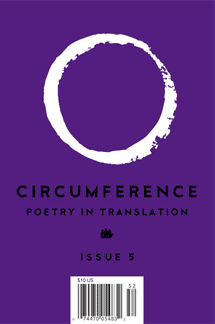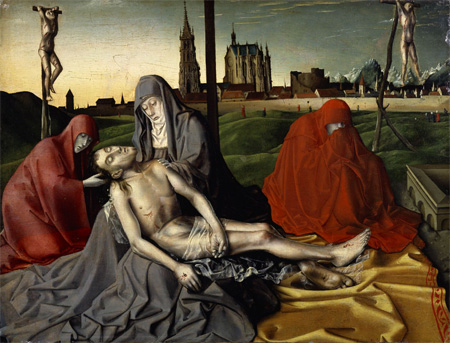” ‘Include Marcel Duchamp in your book.
Just like you, Marcel Duchamp had few ideas. Once, in Paris, the artist Naum Gabo asked him directly why he had stopped painting. “Mais que voulez-vous?” Duchamp replied, spreading wide his arms, “je n’ai plus d’idées” (What do you expect? I’ve no more ideas).
In time he would provide other, more sophisticated explanations, but this one was probably closest to the truth. After The Large Glass, Duchamp had run out of ideas, so instead of repeating himself he simply stopped creating.
Duchamp’s life was his finest work of art. He abandoned painting very early on and embarked on a daring adventure in which art was conceived, first and foremst, as a cosa mentale, in the spirit of Leonardo da Vinci. He wanted always to place art at the service of the mind and it was precisely this desire – driven by his particular use of language, by chance, optics, films and, above all, by his famous “readymades” – which stealthily undermined 500 years of Western art and transformed it completely.
Duchamp abandoned painting for over fifty years because he preferred to play chess. Isn’t that wonderful?
I imagine you are perfectly aware who Duchamp was, but let me remind you of his activities as a writer; let me relate how Duchamp helped Katherine Dreier form her own personal museum of modern art called the Sociéteé Anonyme, Inc., advising her what art works to collect. When plans were made to donate the collection to Yale University in the forties, Duchamp wrote thirty-three one-page biographical and critical notices on artists from Archipenko to Jacques Villon.
Roger Shattuck has written in the New York Review of Books that had Marcel Duchamp decided, not uncharacteristically, to include a notice on himself as one of Dreier’s artists, he would probably have produced an astute blend of truth and fable, like the others he wrote. Roger Shattuck suggest that he might have written something along these lines:
“A tournament chess player and intermittent artist, Marcel Duchamp was born in France in 1887 and died a United States citizen in 1968. He was at home in both countries and divided his time between them. At the New York Armory Show of 1913, his Nude Descending a Staircase delighted and offended the press, provoked a scandal that made him famous in absentia at the age of twenty-six, and drew him to the United States in 1915. After four exciting years in New York City, he departed and devoted most of his time to chess until about 1954. A number of young artists and curators in several countries then rediscovered Duchamp and his work. He had returned to New York in 1942 and during his last decade there, between 1958 and 1968, he once again became famous and influential.”
Include Marcel Duchamp in your book about Bartleby’s shadow. Duchamp knew that shadow personally, he made it with his own hands. In a book of interviews, Pierre Cabanne asks him at one point if he undertook any artistic activity during those twenty summers he spent at Cadaqués. Duchamp answers that he did, since every year he had to repair an awning that sheltered him on his terrace. I admire him greatly and, what’s more, he’s a man who brings luck – include him in your treatise on the No. What I most admire about him is that he was a first-rate trickster.’ “
(Enrique Vila-Matas, Bartleby & Co., trans. Jonathan Dunne, pp. 56–58.)


